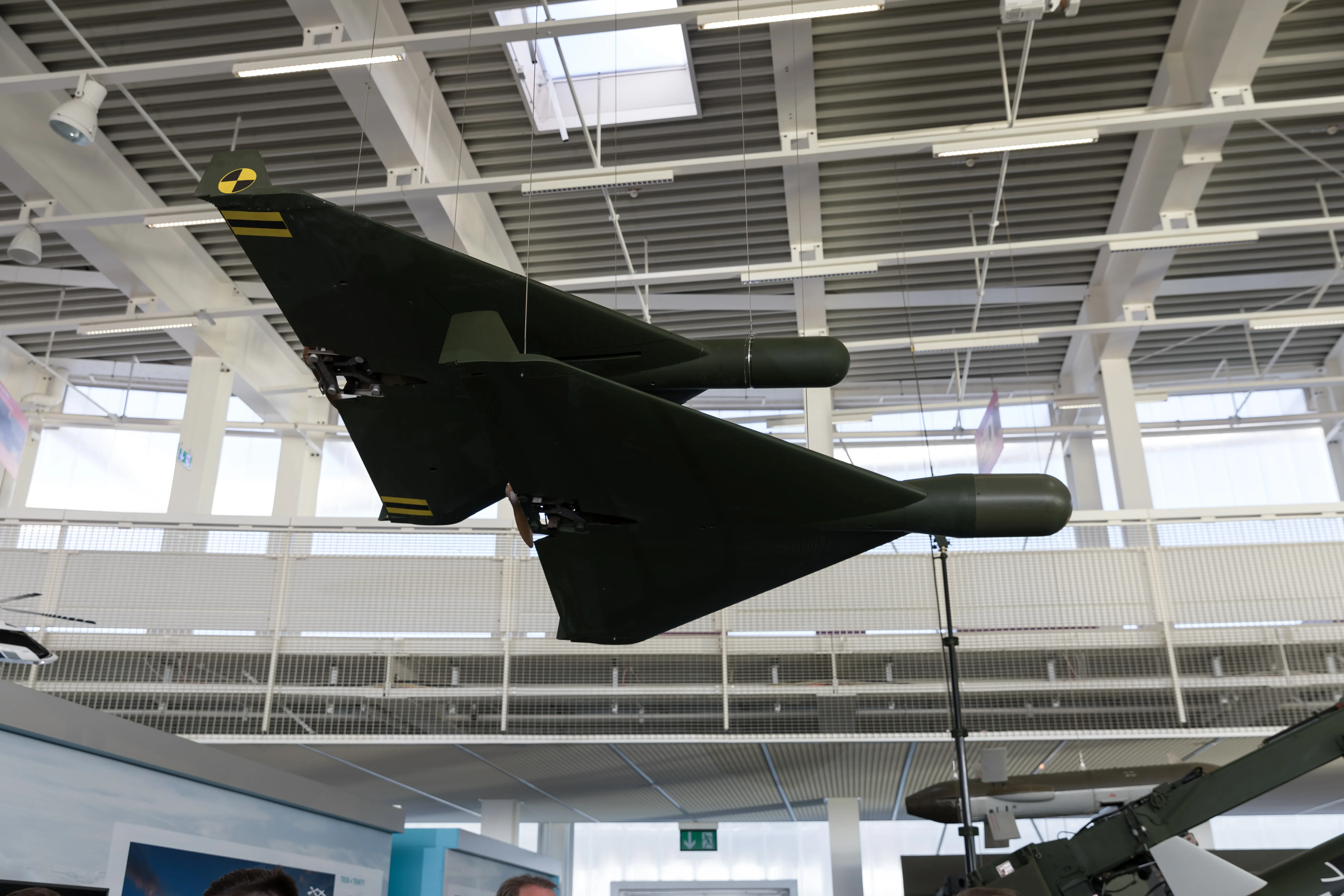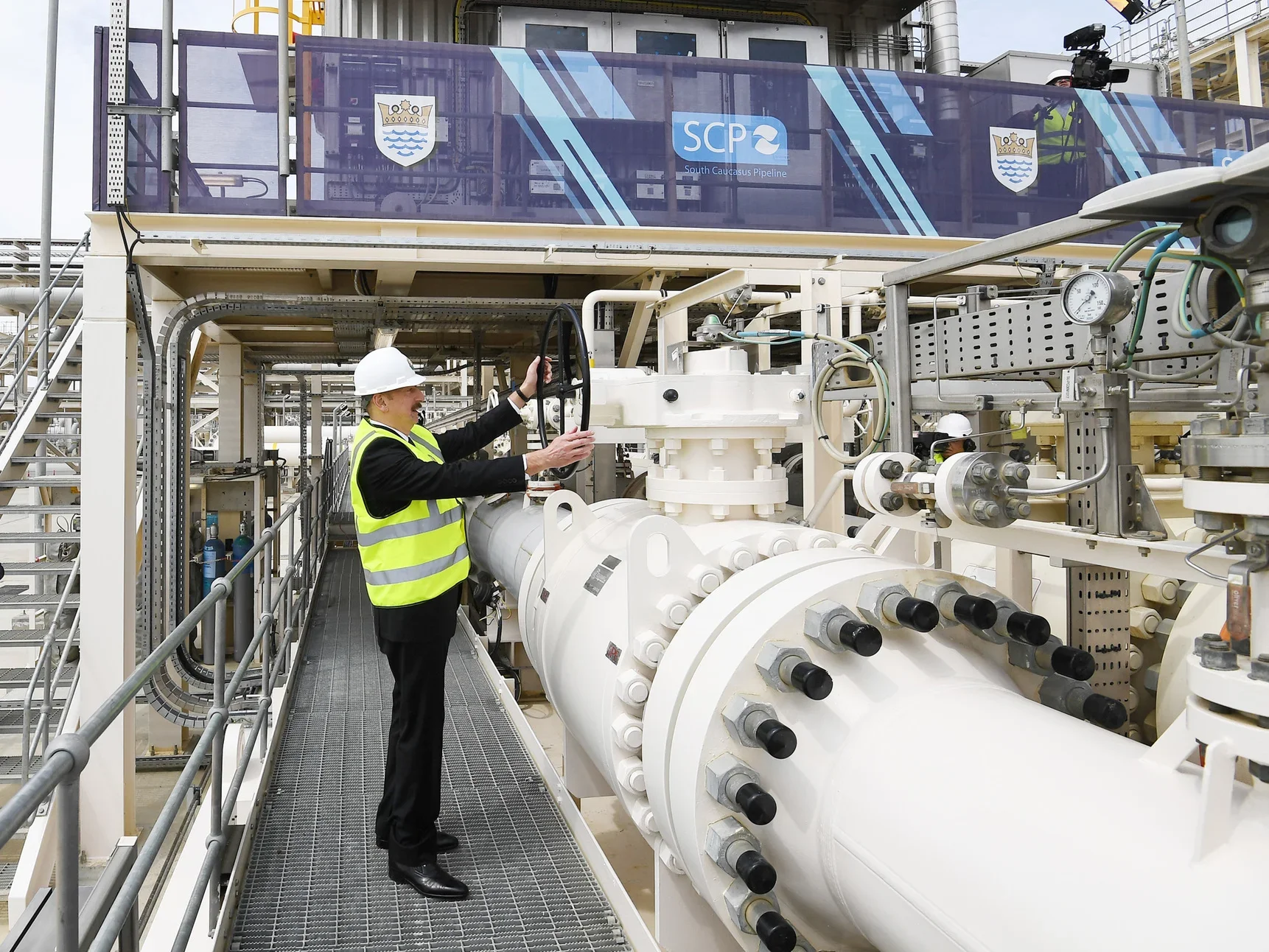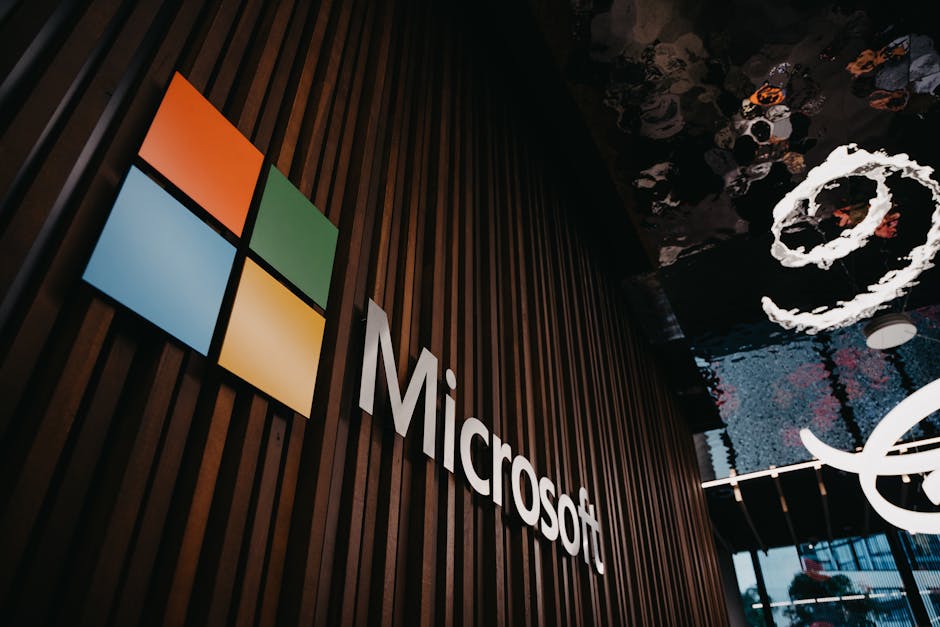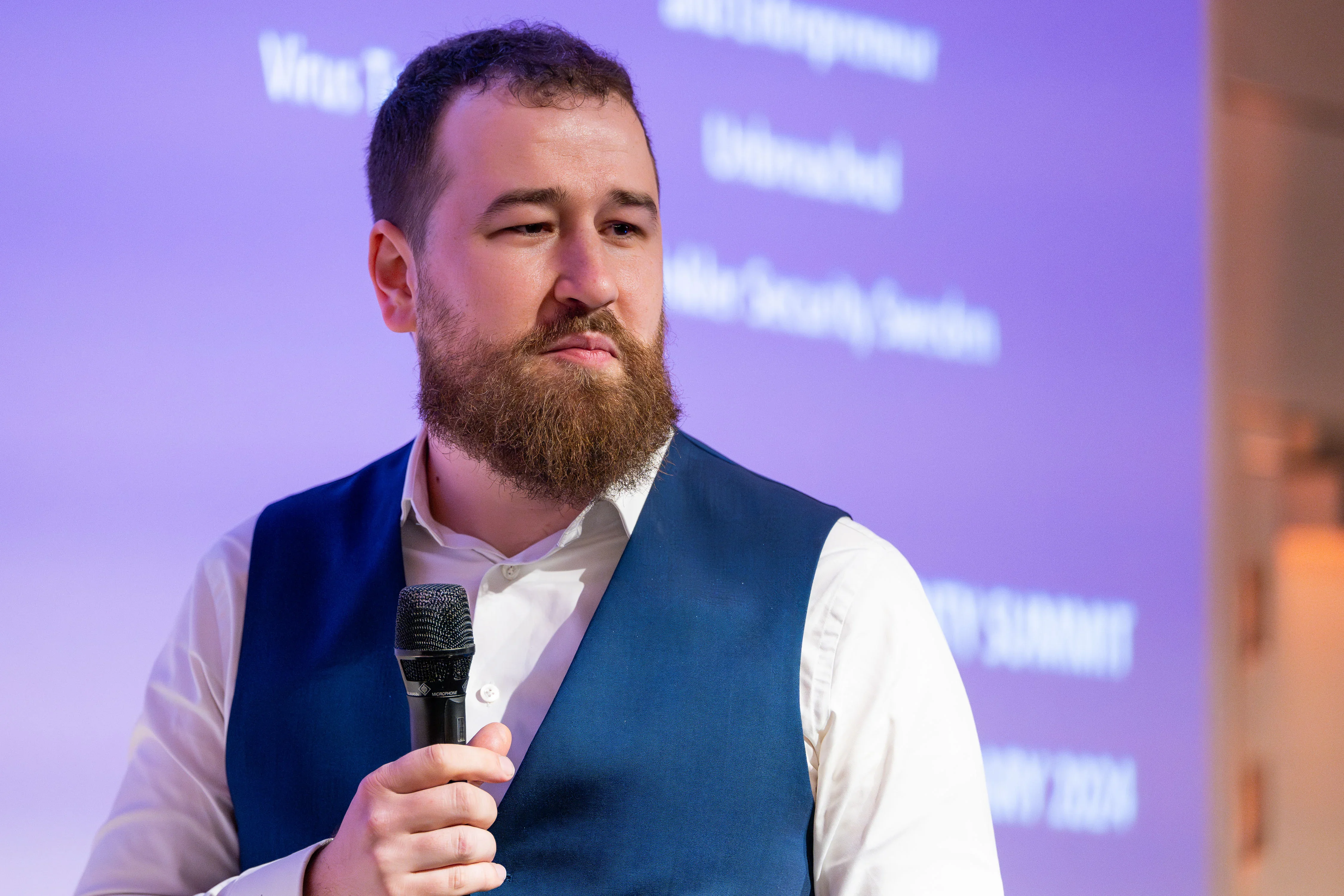At the Build Microsoft conference, the company announced a large-scale strategy for creating an "open agent network" - an ecosystem where autonomous AI agents interact with each other and solve tasks without constant human control. The company presented over 50 new tools and platforms integrated into GitHub, Azure, Windows, and Microsoft 365 to accelerate the transition to "self-governing" artificial intelligence.
According to Microsoft's Chief Communications Officer, Frain Shaw, progress in logical reasoning and memory allows AI models to move from reactive to proactive actions. Unlike modern AI assistants, the new agents can initiate tasks on their own, coordinate work with other systems, and perform complex workflows.
A key element of the strategy is the Retrieval-Augmented Generation (RAG) technology, which increases the accuracy of data retrieval for AI. This solves the problem of memory - the agents now analyze the user's context and preferences more effectively.
Microsoft Vice President Steven Bathiche predicts that in the future, every person will have a personal and a work agent, with the latter having access to corporate data to optimize tasks.
For businesses, the company has updated the Azure AI Foundry, focusing on multi-agent systems. The platform divides complex tasks into subtasks, which are solved by specialized agents, increasing reliability and simplifying development. The Azure AI Foundry Agent Service, available to all users, supports Agent2Agent (A2A) and Model Context Protocol (MCP) protocols, ensuring compatibility between different systems.
Microsoft also focused on local AI, presenting the Windows AI Foundry for developing devices with Windows and macOS. The solution reduces costs, saves traffic, and improves privacy by processing data without cloud servers. Security issues are addressed by Microsoft Entra Agent ID, which prevents unauthorized creation of agents and manages their access.
A striking example of the capabilities of the new technologies is the Microsoft Discovery platform, which accelerated scientific research. With its help, a non-toxic heat transfer fluid for data centers was found in 200 hours - a task that traditionally takes years.
You may also like
 Ukraine and Palantir create AI platform to combat Russian drones
Ukraine and Palantir create AI platform to combat Russian drones MMC Burgas Program in January: Educational, Cultural, and Social Events
MMC Burgas Program in January: Educational, Cultural, and Social Events The state and business will jointly build the Bulgarian digital wallet
The state and business will jointly build the Bulgarian digital wallet Bulgartransgaz participates in the construction of a digital corridor between Asia and Europe: The "Cardesa" Project
Bulgartransgaz participates in the construction of a digital corridor between Asia and Europe: The "Cardesa" Project
The company is betting on open standards like MCP to ensure the interaction of agents in the ecosystem, where Microsoft plans to take a central position.




Коментари (0)
Все още няма коментари.